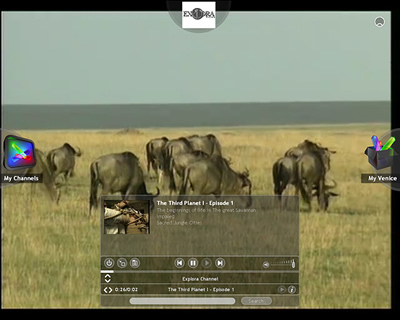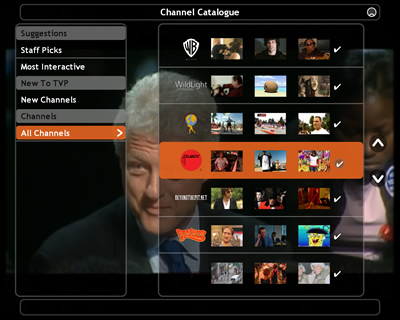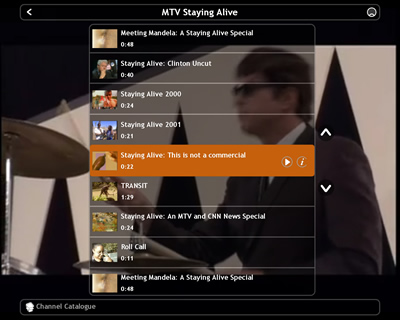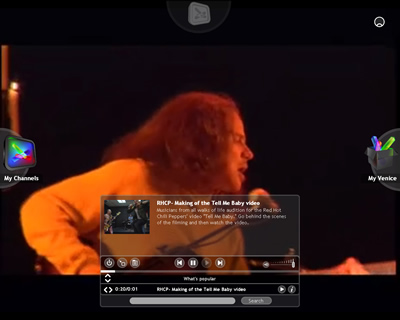Vodafone has made three days of surprising announcements. Three of them for Web services soon to be accessible over their mobile network (MySpace, eBay and YouTube) and the other relating to the building out of their 3G networks in the future (analysis).
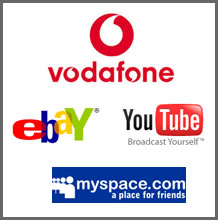 We thought it would be worthwhile taking a look as to why this might be happening and why it’s come at this time.
We thought it would be worthwhile taking a look as to why this might be happening and why it’s come at this time.
Why the push?
Well, lots of other companies are moving in to tread on Vodafone’s toes – example – Virgin Mobile now with NTL/Telewest TV/broadband/telephone service – as all forms of communication converge.
Vodafone is pretty much a mobile only company. They’re trying to change this, through deals with BT to offer fixed-line broadband and similar offerings in Italy and Germany. In the converged game, they’re pretty weak.
This weakness is leaving their previous highly-profitable dominance of the mobile space threatened.
They’ve been aware of the benefit of differentiating their service through providing access to content for a while, but these recent moves mark a serious step forward.
Previously it’s been about them providing the means of accessing content from third parties, games, music, etc. These most recent deals are about access to services.
I know content is being accessed, a la YouTube, but they’re actually providing access to the service … one that happens to be providing content.
What’s the benefit?
There’s many advantages to Vodafone on this.
Short term it’s about making people associate Vodafone with being on the leading-edge – “Wow, they’ve got MySpace and YouTube!”
It’s unclear how far this benefit will extend into the future, as more phones become easier to browse the Web, where these services live.
eBay, MySpace and YouTube all have fanatical following. When people become embroiled in them, they _must_ find out what has _just_ happened. They’re a modern day replacement for TV soap-operas.
Obsessions like these drive people to choose mobile phones that enable them to get access – and Vodafone will be shouting this from the roof tops to encourage people to switch to them.
Interestingly, those three services are also used by a great deal of people who don’t have a strong technical understanding. People who don’t know that the whole Internet is available through the Web Browser on their mobile phone. This changing is just a matter of time.
Another short-term benefit for them is the amount of revenue they’ll end up generating. We imagine that it’s cost Vodafone a pretty penny to get exclusives from all three services, but this will be made up by the seriously boosted data charges that they’ll be clawing in.
MySpace is pretty rich with bandwidth hungry media – lots of photos, and many many pages to check. Same for eBay.
The real earner for them will be YouTube. You’ll struggle to find an application that uses as much data as video and with the ability to pass links to favourite videos, subscribers will be helping their friends run up big data charges too.
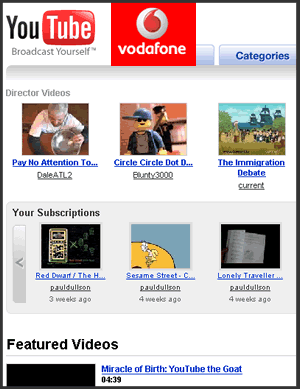 Is this now getting boring? Vodafone have announced another content access deal, this time with YouTube.
Is this now getting boring? Vodafone have announced another content access deal, this time with YouTube. As I’m sure you’re aware it’s a looker … and you’ll not be surprised to hear that it’s shiny – mirrored in fact.
As I’m sure you’re aware it’s a looker … and you’ll not be surprised to hear that it’s shiny – mirrored in fact. Vodafone Europe has signed an exclusive deal with MySpace to get MySpace Mobile on their service.
Vodafone Europe has signed an exclusive deal with MySpace to get MySpace Mobile on their service.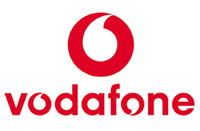 MySpace did a
MySpace did a  Sony Ericsson have let it be known via press invites that there’s a number of new handsets being released in Europe next Tuesday.
Sony Ericsson have let it be known via press invites that there’s a number of new handsets being released in Europe next Tuesday.
 Mobile phone users are increasingly getting jiggy with the wee buttons on their handset as new figures show mobile Internet access soaring.
Mobile phone users are increasingly getting jiggy with the wee buttons on their handset as new figures show mobile Internet access soaring. Although the figures suggest we’re rapidly turning into perma-connected, perambulating Internet fiends, Thomas Husson, a mobile analyst at Jupiter Research was quick to suggest that much of the recent increase could be down to Christmas gift-giving.
Although the figures suggest we’re rapidly turning into perma-connected, perambulating Internet fiends, Thomas Husson, a mobile analyst at Jupiter Research was quick to suggest that much of the recent increase could be down to Christmas gift-giving.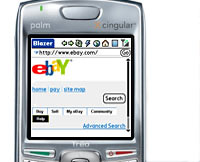 “The continued advancement of handsets means people are beginning to spend more time familiarising themselves with new services,” Lane added.
“The continued advancement of handsets means people are beginning to spend more time familiarising themselves with new services,” Lane added.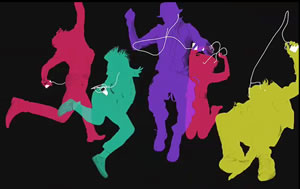 Norway has declared iTunes to be illegal because it doesn’t allow songs downloaded from the online music store to be played on any other equipment except their own, today’s FT reported.
Norway has declared iTunes to be illegal because it doesn’t allow songs downloaded from the online music store to be played on any other equipment except their own, today’s FT reported.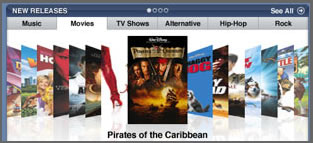 The original complaint was made by Torgeir Waterhouse, senior advisor to the Norwegian Consumer Council. He told the FT that “he was in negotiations with pan_European consumer groups to present a unified position on iTunes’ legality.”
The original complaint was made by Torgeir Waterhouse, senior advisor to the Norwegian Consumer Council. He told the FT that “he was in negotiations with pan_European consumer groups to present a unified position on iTunes’ legality.” Notebooks outsold desktop PCs in Western Europe for the first time, as Acer leapt ahead of Dell to grab second place in PC sales in Europe, the Middle East and Africa (an area known in da biz as ‘EMEA’).
Notebooks outsold desktop PCs in Western Europe for the first time, as Acer leapt ahead of Dell to grab second place in PC sales in Europe, the Middle East and Africa (an area known in da biz as ‘EMEA’).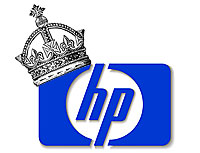 Laptop sales totalled 8.4 million during the quarter, against 8 million desktops, but corporate refresh cycles are expected to elbow desktop sales skyward in the second half of 2007 with Windows Vista expected to drive consumer – but not business – sales, as IDC’s Andy Brown explains:
Laptop sales totalled 8.4 million during the quarter, against 8 million desktops, but corporate refresh cycles are expected to elbow desktop sales skyward in the second half of 2007 with Windows Vista expected to drive consumer – but not business – sales, as IDC’s Andy Brown explains: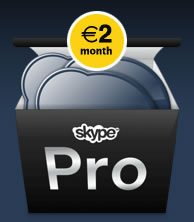 As is their want, it will be brought to in Europe, then rest of world during 2007.
As is their want, it will be brought to in Europe, then rest of world during 2007. After the first five seconds of a SkypeOut call, the connection fee will apply.
After the first five seconds of a SkypeOut call, the connection fee will apply.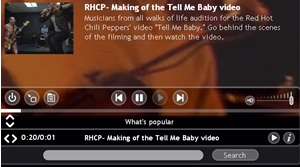 The rumours of Niklas Zennstrom of Sweden and Janus Friis of Denmark next project have been whirling around for about six months since
The rumours of Niklas Zennstrom of Sweden and Janus Friis of Denmark next project have been whirling around for about six months since 